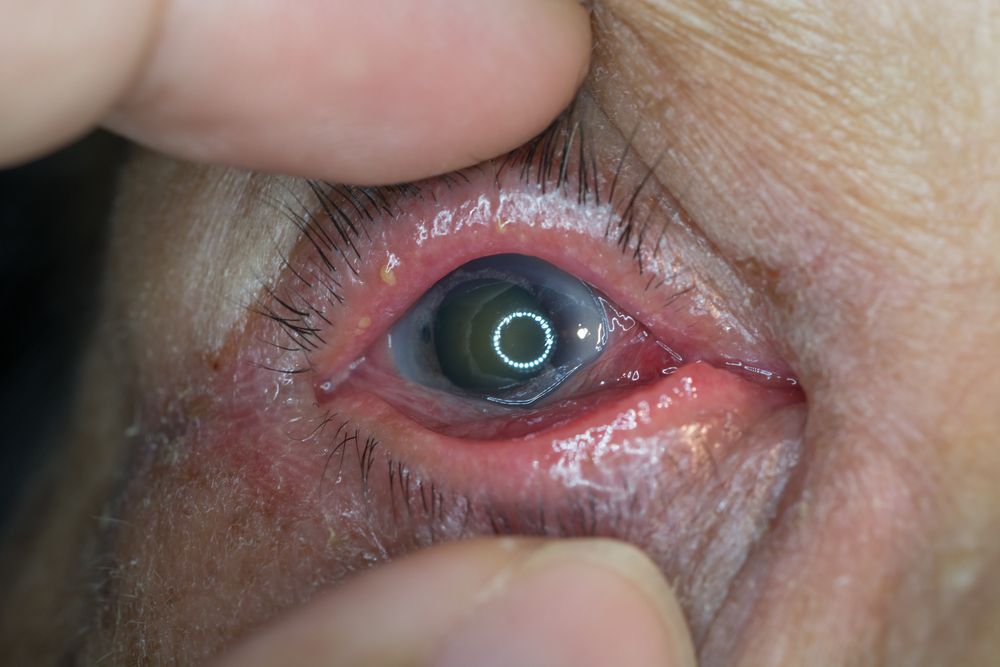
Glaucoma is one of the leading causes of irreversible blindness worldwide, yet many people don’t realize they have it until permanent damage has already occurred. This progressive eye disease often develops slowly and without warning signs, silently affecting the optic nerve and gradually reducing peripheral vision.
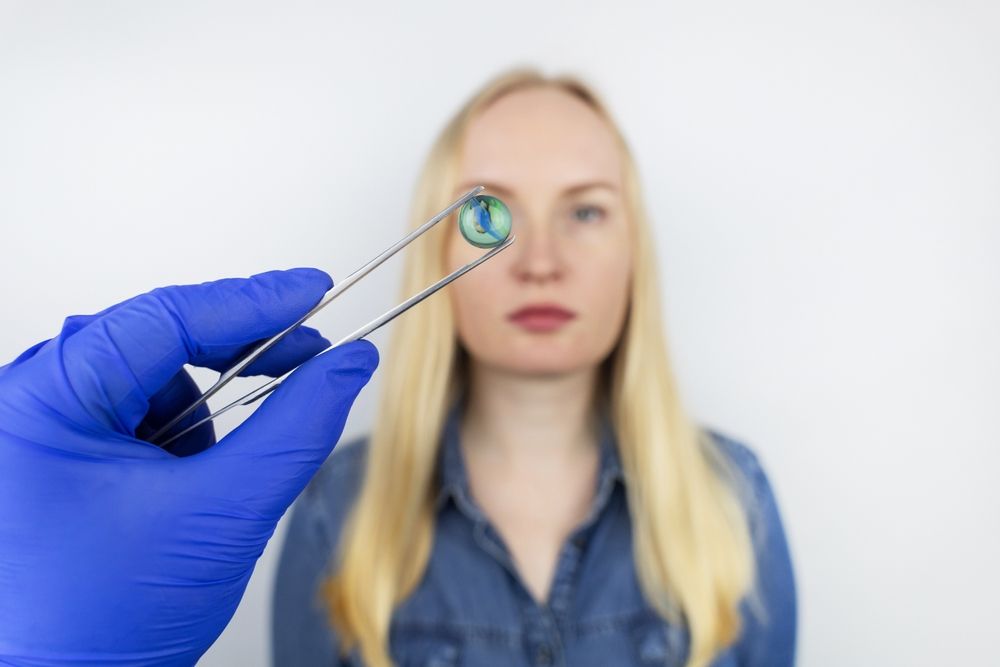
A corneal transplant is a significant step toward improving vision and protecting long-term eye health. Whether surgery is recommended due to corneal disease, scarring, or swelling, understanding the recovery process can help patients feel more prepared and confident in the weeks and months that follow.
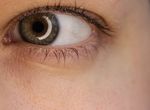
Diabetes affects many parts of the body, including your eyes. While most people are familiar with diabetic retinopathy, fewer realize that diabetes can also increase the risk of developing glaucoma.

The cornea is the eye’s clear, outermost layer that helps focus light and allows you to see the world in sharp detail. When this delicate surface becomes scarred, swollen, or damaged by disease, it can lead to blurred or cloudy vision that glasses or contact lenses can’t fix. At Sacramento Eye Consultants, our specialists perform advanced corneal transplant procedures using the latest techniques to ensure the best possible outcomes for vision restoration.

Glaucoma is one of the leading causes of irreversible vision loss worldwide - yet many people don’t even know they have it until it’s too late. Often called the “silent thief of sight,” glaucoma can progress slowly and painlessly, damaging your optic nerve and gradually stealing your vision without obvious symptoms in the early stages.
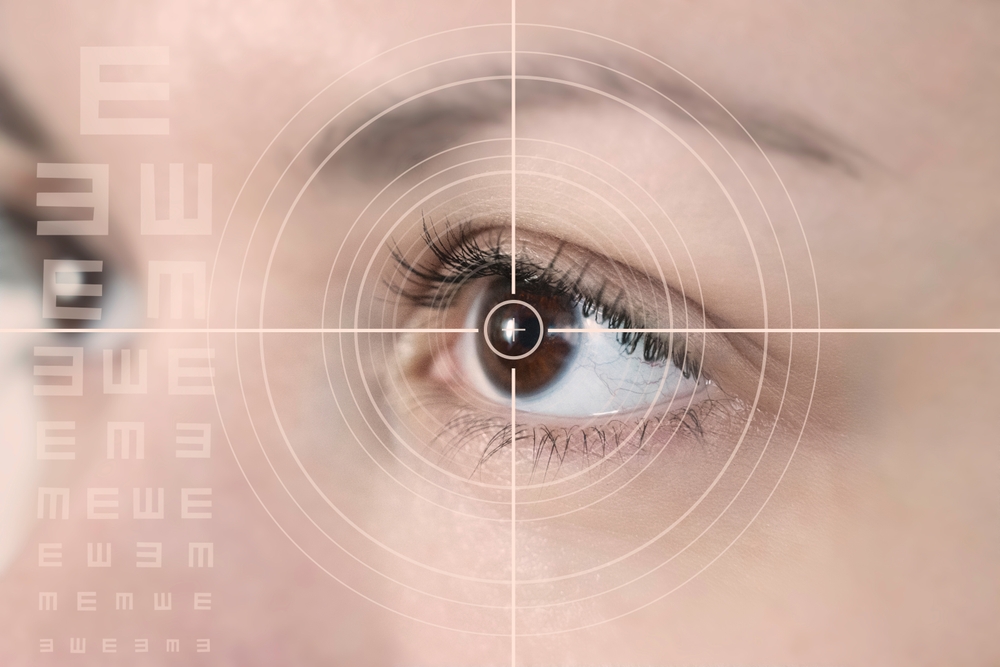
If you’ve been considering LASIK surgery to reduce or eliminate your need for glasses or contact lenses, your first step will be a LASIK screening. This appointment is an essential part of determining if you’re a good candidate for the procedure. At Sacramento Eye Consultants, we believe in educating patients on every step of the process, so you feel confident and informed about your vision care.
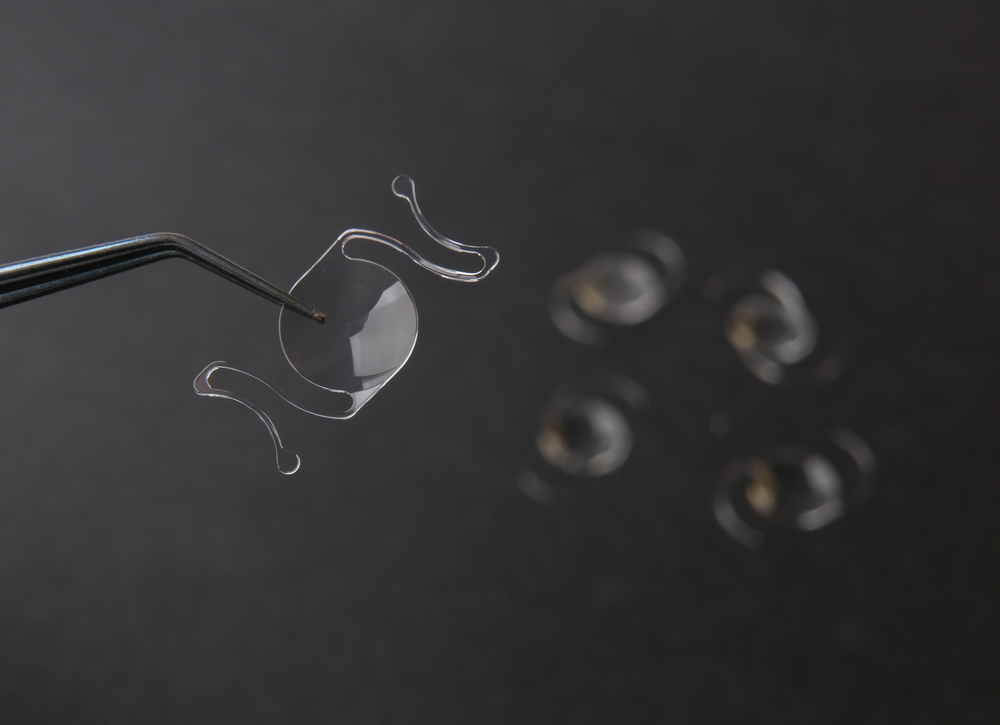
When it comes to improving vision, many people think of glasses, contacts, or LASIK as their main options. For individuals who are looking for a lasting solution, especially those over 40, Refractive Lens Exchange (RLE) may be the better choice. This advanced procedure not only reduces dependence on corrective eyewear but also helps prevent cataracts later in life. At Sacramento Eye Consultants, we specialize in helping patients explore whether RLE is the right fit for their vision goals.

If you’re searching for a reliable way to reduce or even eliminate your need for glasses or contact lenses, EVO ICL may be the solution you’ve been waiting for. This innovative vision correction procedure is designed for people who want crisp, clear vision without permanently altering the structure of their eyes. But how do you know if EVO ICL is right for you?

Cataracts are one of the most common age-related eye conditions, but their progression can look different for everyone. In the early stages, you might not even notice a significant change in your vision. Over time, however, cataracts can become more advanced, causing cloudy or blurred vision that interferes with everyday activities like reading or driving. Knowing the difference between early and advanced cataracts is key to understanding when it might be time to explore surgical options.

The cornea is the clear, dome-shaped surface that covers the front of the eye and plays a crucial role in focusing vision. When the cornea becomes damaged or diseased, it can severely affect your ability to see clearly or comfortably. In some cases, a corneal transplant is the most effective treatment. At Sacramento Eye Consultants, we specialize in advanced corneal care and want to help you understand the most common conditions that may lead to the need for a corneal transplant.











